Look whose coming to dinner |
| Unfortunately, this beer was probably not meant for daily consumption, but more for medicinal reasons, given that it was from a medicinal text. Mint was said to aid in digestion, so it would cancel beer’s harmful effects on the stomach. Wild celery could refer to five different plants. Excluding the ones from Asia, it could either be Lovage, Celery, or Garden Angelica. The latter two were commonly used for medicine. At the same time this was medical advice for proper diet. So it may not have necessarily been solely for ailments. I will have to do some research into the use of rye bread in brewing in the Middle Age. Was this a common homebrew method of the time? If so, what was the general process? Or was this a mistranslation, or possibly a misconception of the brewing process? |
I’m a fan of rye beers, and honestly, I could see a mint / celery combination being pretty tasty, albeit a hard one to nail down. I really need to get my home brewery up and running, so I can give this a try.
Resources
Scully, D. Eleanor, and Terence Scully. Early French cookery: sources, history, original recipes and modern adaptations. University of Michigan Press, 2002.
Jordan Rex
Beer archaeologist
From California, migrated to the UK to study, drank in Berlin, now settled in Switzerland
@timelytipple
instagram.com/timelytipple/
Untappd: Tikiwartooth
Archives
November 2017
October 2017
September 2017
August 2017
July 2017
June 2017
May 2017
April 2017
March 2017
February 2017
January 2017
December 2016
November 2016
October 2016
September 2016
August 2016
July 2016
June 2016
Categories
All
About Me
American Beer History
Beer Links
Book Review
Brewing Archaeology
Egyptian Beer
Experimental Brewing
Greco Roman Brewing
Gruit
Interview
Medieval Europe
Nordic Farmhouse
Observations
Poland
Raw Ale
Rye Beer
The Session
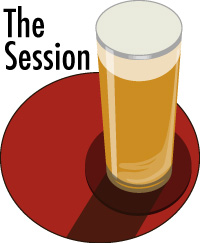
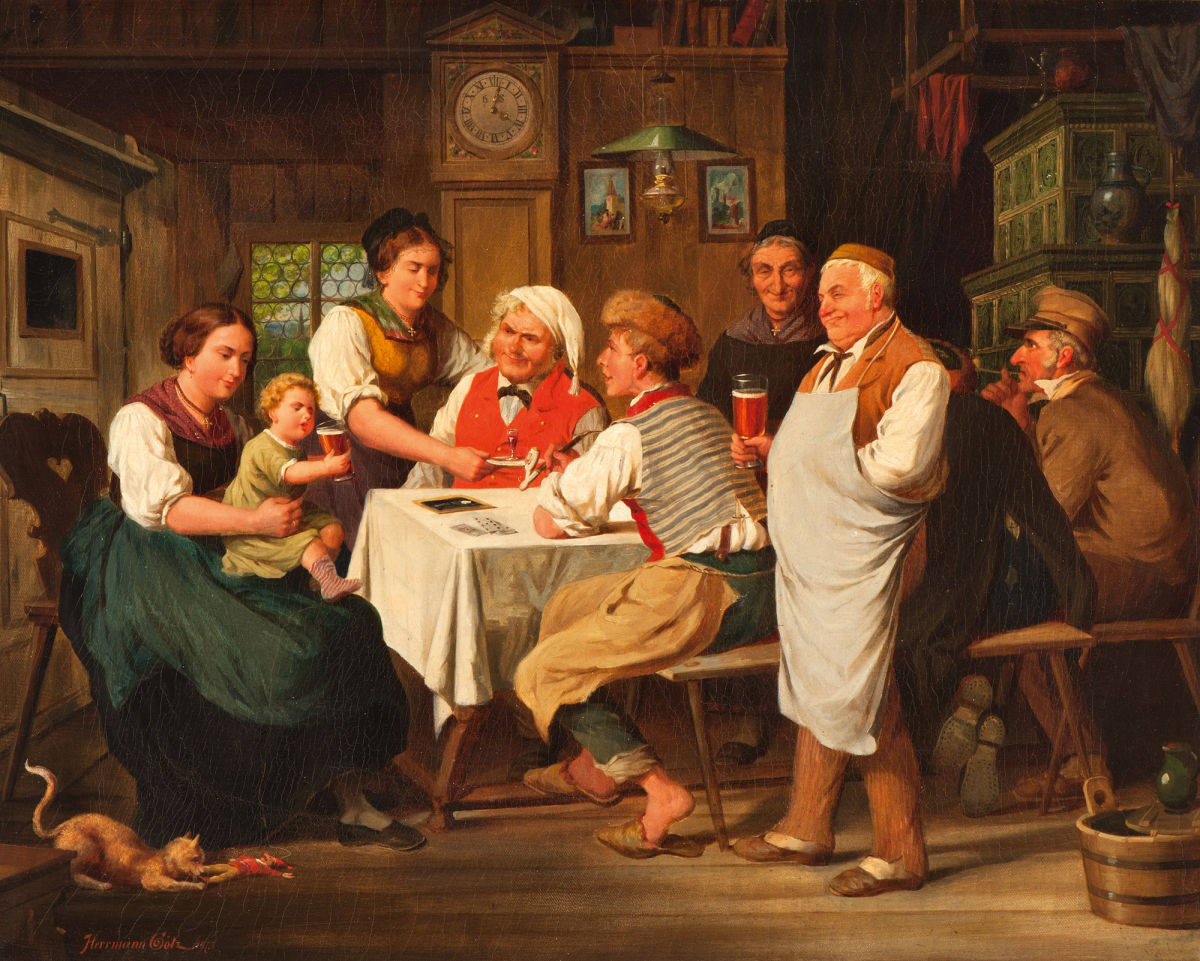
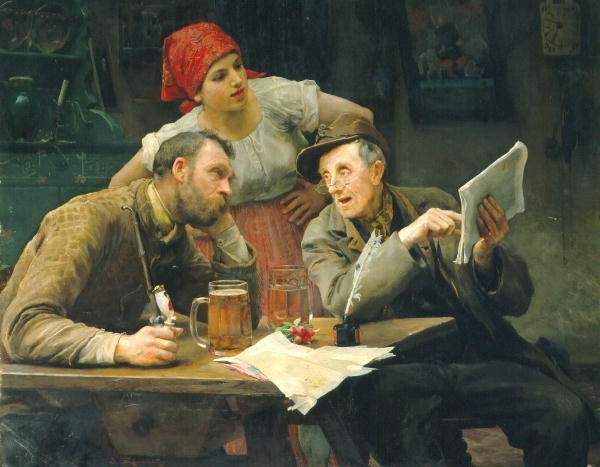
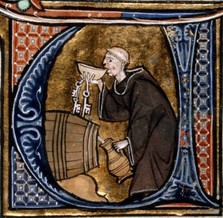
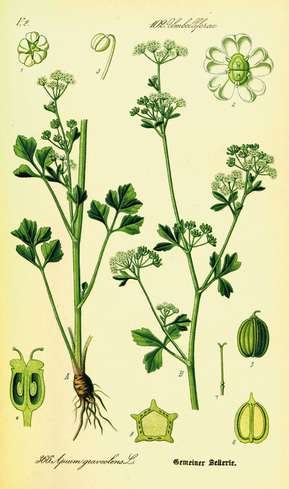
 RSS Feed
RSS Feed
